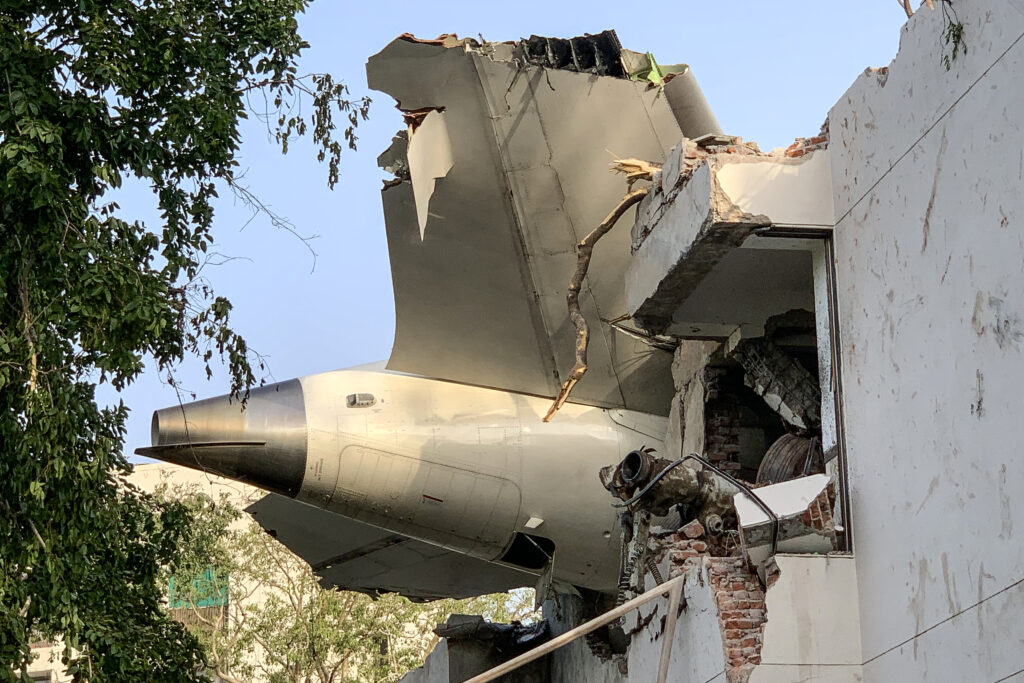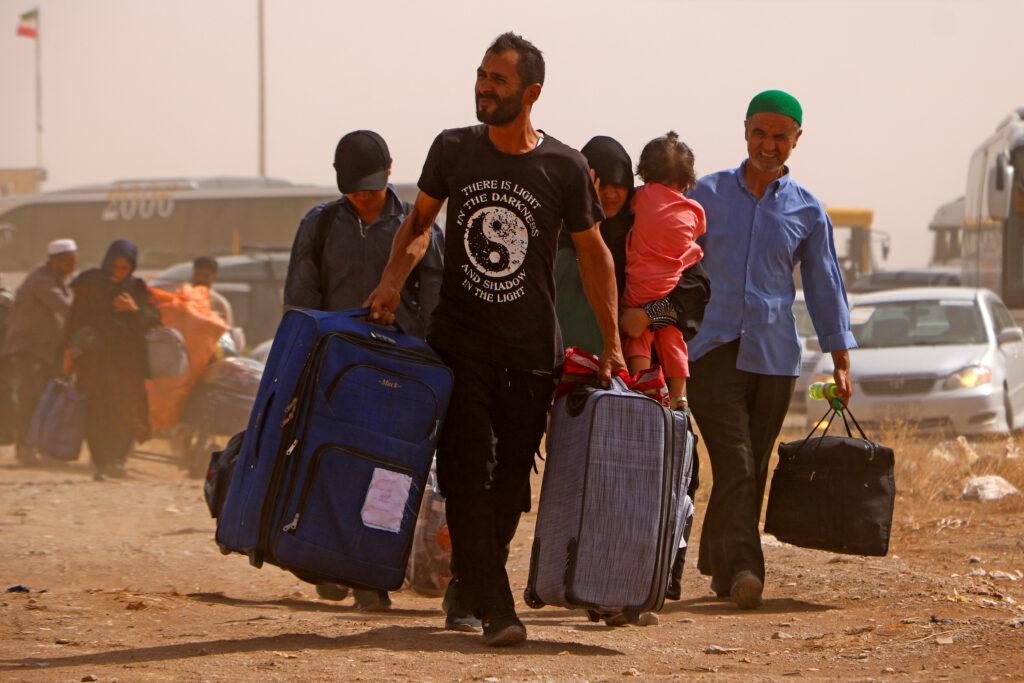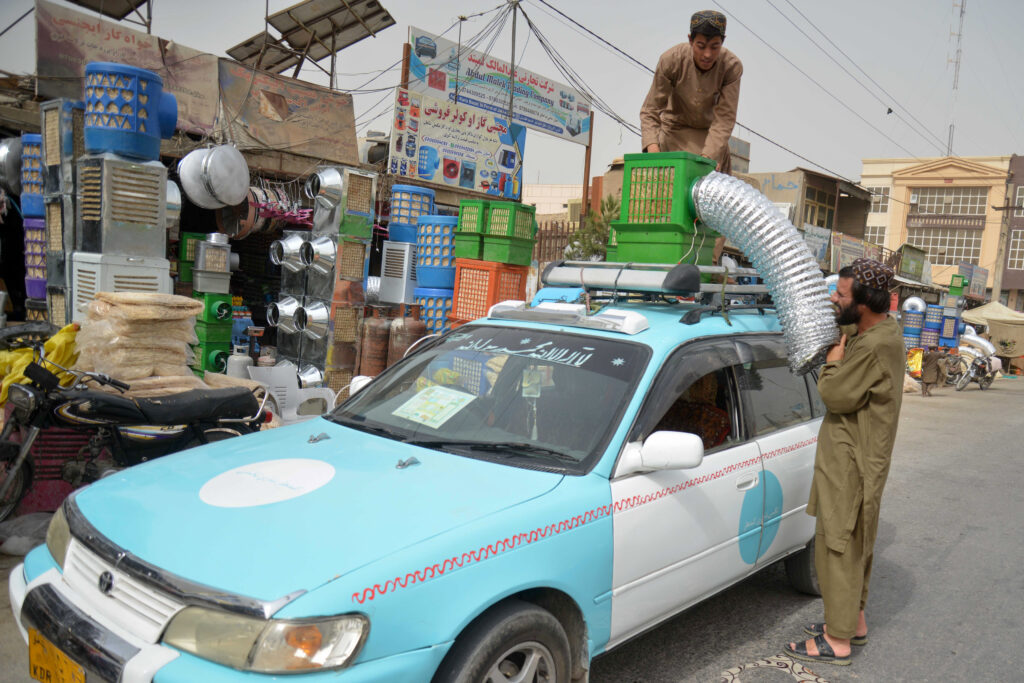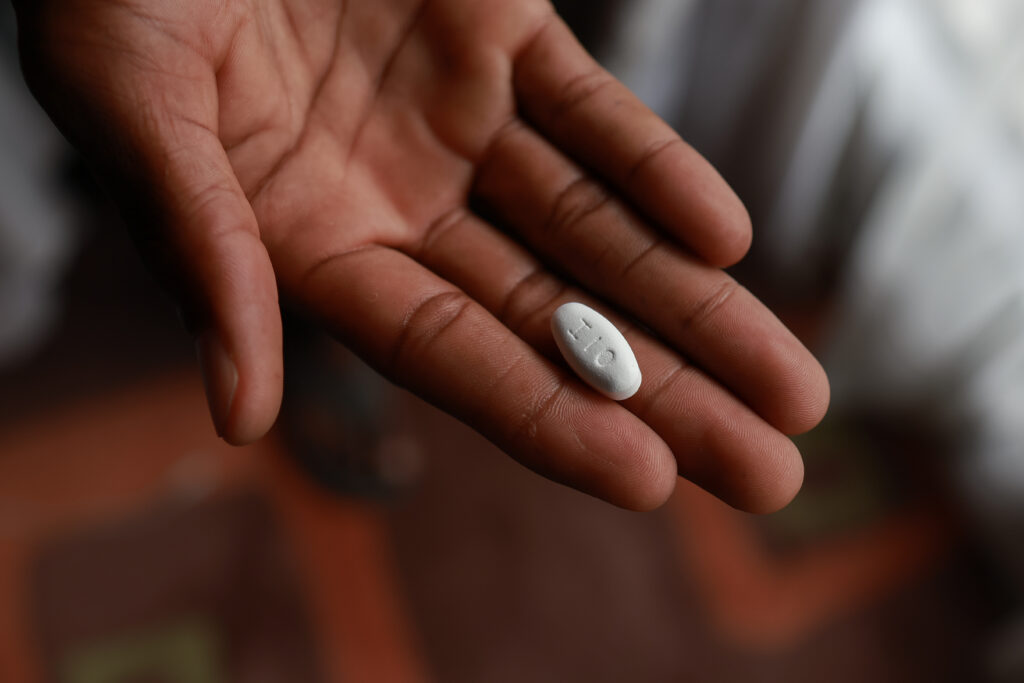Siraj strikes as India seize control of third Test against England
Mohammed Siraj struck twice as India reduced England to 98-4 at lunch on the fourth day of third Test at Lord’s on Sunday.With both teams having made 387 in their first innings, it meant England lead by 98 runs, with just six wickets standing, as India looked to take a 2-1 lead in this five-match series.Fired-up fast bowler Siraj had superb interval figures of 2-11 in seven overs, with the bulk of England’s top-order back in the pavilion.But Joe Root, who made a hundred in England’s first innings, was still there on 17 not out, with captain Ben Stokes — without a Test century in more than two years — unbeaten on two. England resumed on 2-0 with Zak Crawley, who had angered India late Saturday with his time-wasting tactics, alongside opening partner Ben Duckett.Crawley was almost out for his overnight two when an 85 mph Jasprit Bumrah delivery lept off a length and hit his glove, with the world’s top-ranked Test bowler unable to take a sliding return catch.Siraj wasted an lbw review on Crawley, who was fortunate when an edged drive off Bumrah flew past third slip.Duckett scooped a four off Siraj but the paceman soon had his revenge when the left-hander, cramped for room, miscued a pull to Bumrah at mid-on to leave England 22-1.Siraj then risked disciplinary action after yelling in Duckett’s face and making shoulder contact with the batsman.Neither Crawley nor new batsman Ollie Pope are renowned for their defensive technique. They were both fortunate to survive probing deliveries from outstanding fast bowler Bumrah, who took 5-74 in England’s first innings after being rested from India’s series-levelling win at Edgbaston.But it was Siraj who struck next when he had Pope lbw after India’s review overturned former Australia quick Paul Reiffel’s original not out decision.And 42-2 was soon transformed into 50-3.Crawley (22) fell in all-too familiar fashion when edging a drive off a full-length delivery from Nitish Kumar Reddy to Yashasvi Jaiswal — one of two gullies posted by India in the hope of such a dismissal.Unsurprisingly, given Saturday’s incident, Crawley received a verbal volley from Reddy as he left the field.New batsman Harry Brook struck three successive boundaries off Akash Deep — two scooped fours followed by a thumping straight six over long-off.But fast bowler Deep had the last laugh by knocking over Brook’s middle stump as the world’s top-ranked Test batsman failed to make contact with an ambitious sweep and fell for 23 as he became the latest England player to contribute to his own downfall.jdg/bsp









